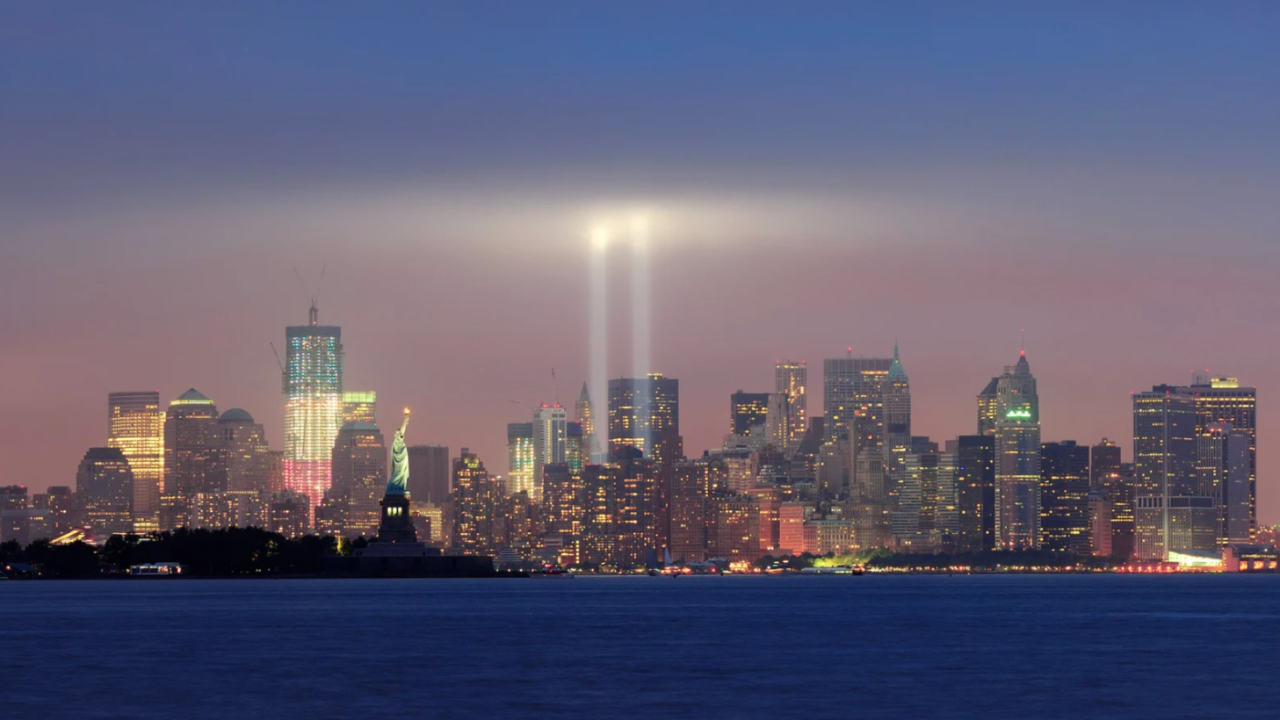Finding Faith in Times of National Tragedy
Sep 11, 2025
When news breaks of another tragedy (whether political violence, natural disaster, or senseless act of hate), we are left stunned. We may ask: Why? How could this happen? Where was God?
The truth is, tragedies shake us because they remind us of our fragility. They disrupt the illusion of control and expose how little certainty the world can offer. But in these moments, our faith becomes more than just a concept. It becomes a lifeline.
It sees beyond the headlines.
Faith does not deny sorrow, anger, or grief. It meets them. It also sees beyond them. It looks for evidence of God’s hand in the aftermath, in the helpers, in the healing, in the resilience of ordinary people.
It refuses to dehumanize.
In times of national tragedy, people rush to assign blame. Sides are taken. Labels are slapped on entire groups. But our faith reminds us: every soul is God’s child. Every person carries divine worth. No label, no political party, no ideology erases that truth.
We lean into healing.
The law of polarity teaches that within every difficulty is a seed of equal or greater benefit. That doesn’t mean tragedy is good, or that grief should be brushed aside. It means that even in our darkest nights, God has promised the possibility of light. Healing, compassion, and unity can grow if we choose them.
Rare Faith invites us to act.
We can’t solve every crisis. But we can choose how we respond. Instead of hardening our hearts, we can listen. Instead of dismissing, we can extend compassion. Instead of despair, we can act in faith, praying, comforting, and doing what is within our reach to build peace.
Rare Faith helps us visualize a better future.
Instead of letting anger consume us over what happened, we can picture the world we want to create. We can imagine compassion spreading where division once reigned, kindness taking root where violence erupted, and truth shining where confusion has clouded understanding. By holding that vision in our hearts and minds, and then working toward it in the places where we do have influence, we become active participants in God’s work of transforming tragedy into something good.
Ultimately, when national or political tragedies strike, we don't have all the answers. But our faith can gives us strength to hold steady, compassion to see others as God sees them, and courage to trust that even here — even now — miracles are still possible.


